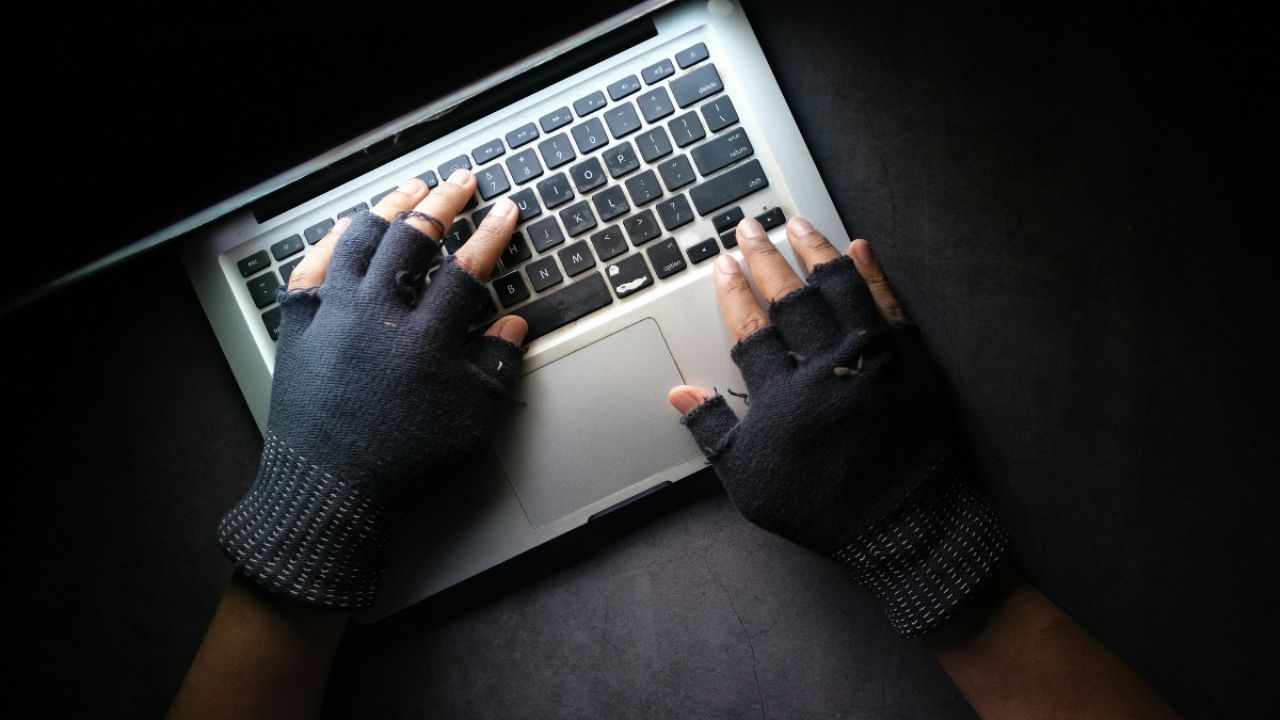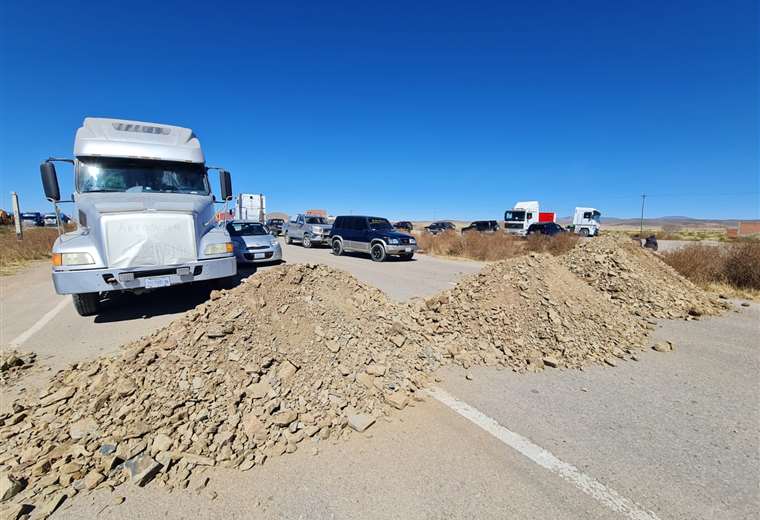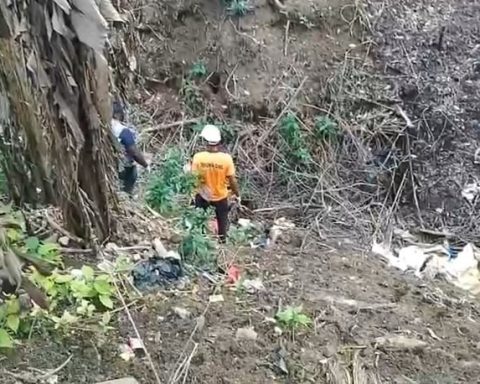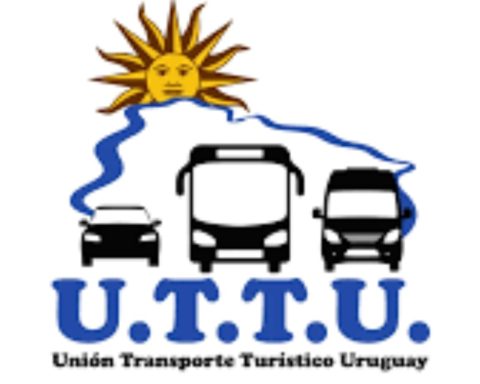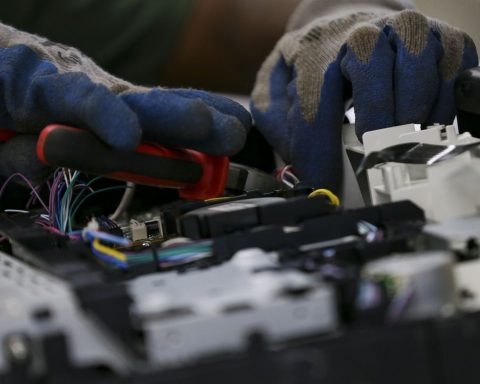The frauds and scams They have become more sophisticated and common due to digitalization and the advancement of ways of communicating. From fake web pages to deceptive messages, it is crucial to be alert. The Social Welfare Institute (IPS), together with Chile Atiende, has launched the “Más Vale Prevenir” campaign to protect citizens from these dangers.
1. ATMs
When using ATMs, always cover the keyboard when entering your password and avoid typing it if there are suspicious people nearby. It is preferable to use ATMs inside banks and verify that there are no foreign objects on the keyboard or card reader to avoid cloning and seeing you. cheated.
2. Internet
Other advice is that you never enter your passwords on websites during phone calls. Make sure you only access trusted sites, verifying that the URL has a lock. Don’t use the same passwords on different accounts and change them regularly. Keep your antivirus updated and avoid saving passwords in your browser.
3. Phone calls
To avoid scams, do not reveal your passwords over the phone, even if the interlocutor seems legitimate. If you receive suspicious calls, ask for the name of the alleged official and verify the information through official channels before taking any action.

4. Payment locations
Always count your money at the payment location and avoid accepting food or drinks from strangers to avoid falling into scams. If you observe suspicious behavior, notify authorized personnel and try to be accompanied by someone you trust when withdrawing money.
5. Messages and emails
As advice Finally, be wary of emails that contain links to update data or passwords, especially if they have spelling errors. Do not click on SMS or WhatsApp links that ask for personal or banking information. If you receive a message about your bank account being blocked, verify the information directly with the institution.
